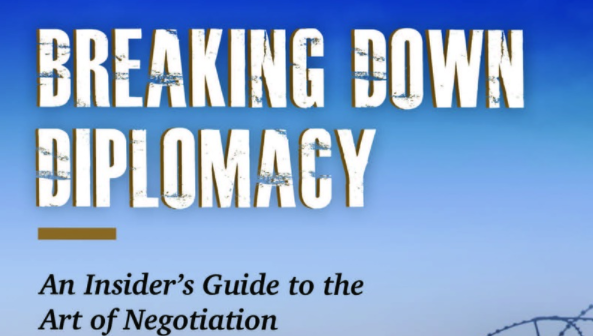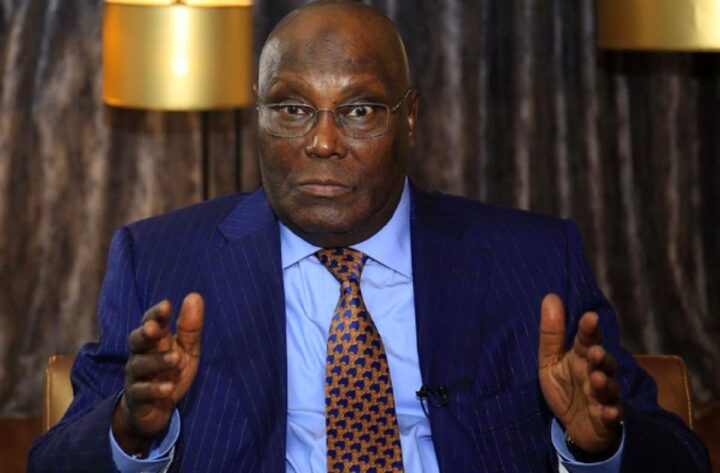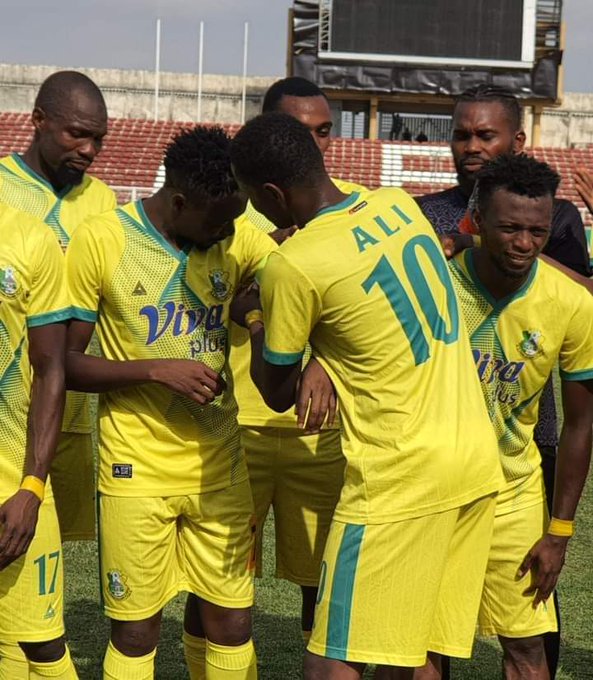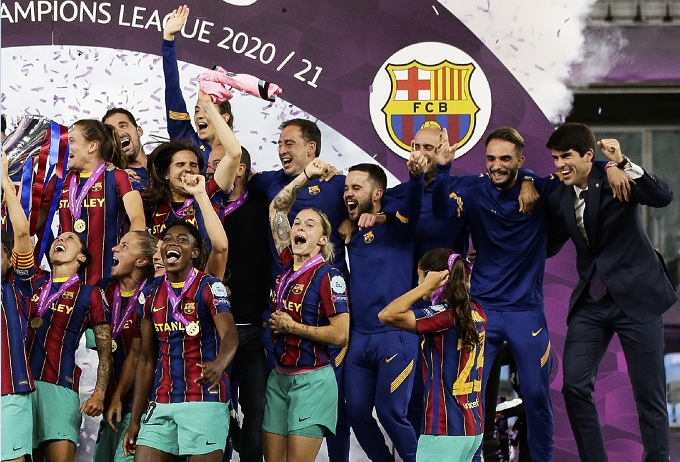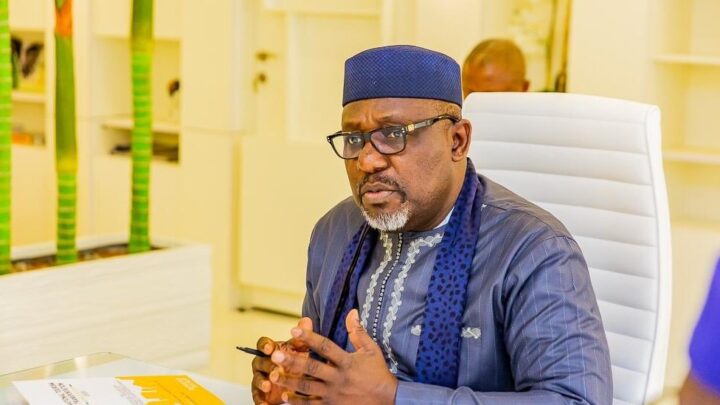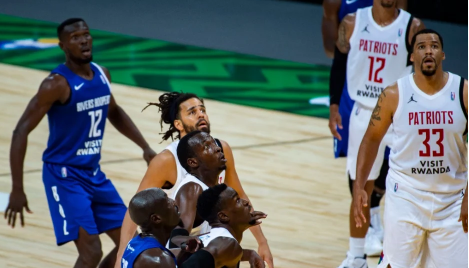BY WILLIAM AWINADOR-KANYIRIGE
Negotiation, as a key tool of diplomacy, especially in conference diplomacy, can be a difficult subject to write on or for readers to digest. However, Ambassador Osei-Danquah Kwabena’s book, “Breaking Down Diplomacy: An Insider’s Guide to Negotiation”, provides a double meal easy for readers to taste. With a very rich experience at the United Nations where he spent most of his career as a Ghanaian diplomat first at the Ghana permanent mission to the United Nations (UN) and then as a staff of the UN in strategic positions, he is able to provide a delicious serving of negotiation at work in a very readable style.
Diplomacy itself, as a tool of statecraft and foreign policymaking, helps promote smooth relations between nations, global peace and shared development, driven by negotiations at three levels: national, bilateral and multilateral. The author tries to demonstrate how all three come into play at the multilateral level, based on his rich experience at the UN, the leading global organisation for humankind which provides a platform and reasonably even playing field of relative non-conductivity to unbridled national interest pursuit.
This creative piece of non-fiction is structured in three main parts with a total of 12 chapters. In the first section covering chapters and 1 and 2, the reader is taken onto the foundations of the main theme of the book: the background and context of diplomacy. The author describes how the nature of diplomacy is shifting in a rapidly changing landscape of international relations, and what it looks like today.
Advertisement
The second section, comprising chapters 3 to 7, is the main fulcrum of his book. From chapter 3, he slowly builds up momentum and by the next chapter, is already in full swing with his readers in the heart of the dynamics of multilateral negotiation. As a career diplomat who was directly involved in complex negotiations of often difficult-to-handle issues, the author helps us peep into his own personal skills and the capacity of piercing observation. And he does so in a style that is easy to read not only for experts on the subject but also for the larger reading public.
For those who are keen on understanding the intricate workings of the UN, this section will be very helpful. And especially so for young diplomats or national delegates starting off at the UN or representing their respective countries or representatives of regional organisations at international conferences, whether as state officials or non-state actors. Readers are treated to the workings of those negotiations and the recommended skills needed to cope and deliver effectively. At the very least, it provides survival tactics for a diplomat or delegate at the UN. Although this foremost global body is a complete world of exciting learning and exchanges, it can also be a professional nightmare for the untrained or under-exposed.
The section also discusses very important sub-themes like morality and diplomacy and the very delicate dual as well as compelling challenge of promoting shared values and rich diversity on the global scene; national interest pursuit and the impact of external factors; and the challenge of diplomacy in the age of information technology and deception. As aptly captured in the foreword to the book by Ghana’s minister of foreign affairs and regional integration, Honourable Ms. Shirley Ayorkor Botchway: “It is important that as we seek to reorient our approaches, we should not be overly distracted by exciting prospects of a new world of diplomacy shaped by a world dominated by social media and the resulting democratisation of information and atomisation of power which impacts both the mechanics and the substance of negotiations and diplomacy.”
Advertisement
The author concludes this second section by highlighting in chapter 10, the importance of knowledge and skills in coping with a rapidly changing and increasingly complex international system of exchanges which requires enhanced skills in diplomacy and negotiations. This chapter thus heralds the next and final section.
Part 3 of the book, consisting of chapters 11 and 12, concludes the author’s treatise with some future perspectives on training and skills development as well as critical lessons to be distilled from the earlier chapters in order to build professional resilience. Overall, the author combines a style of part autobiography and part academic to help the reader savour his rich perspectives on diplomacy and the art of negotiation in conference diplomacy which is underpinned by national, bilateral and regional dynamics; the balancing art of caucusing in conference diplomacy and therefore a comprehensive lens to approach the theme of the book.
The author succeeds in effectively taking the reader on a guided tour of multilateral diplomacy on the platform of the UN where he spent the best part of his diplomatic career as a player and a very present personality. Chapter 4 in particular, takes the reader into the very heart of the world of multilateralism. Although, a 200 plus page book, his style makes it easy to stay tuned in. However, Chapter 4 could have been shorter if the part from the last paragraph at page 47 to the end of the chapter, recalling aspects of the author’s dissertation on bilateralism and regional integration in West Africa, was rather treated in a summarised form, at least for the flow.
Breaking Down Diplomacy: An Insider’s Guide to the Art of Negotiation is very useful as research material and highly recommended as a guide for students of international relations and diplomacy, diplomats and other public servants, politicians and non-state actors. The book is on sale in the United States of America and is also available on Amazon.com. The official book launch will take place in Ghana shortly.
Advertisement
Awinador-Kanyirige, is an executive council member at the Council on Foreign Relations, Accra, Ghana.
